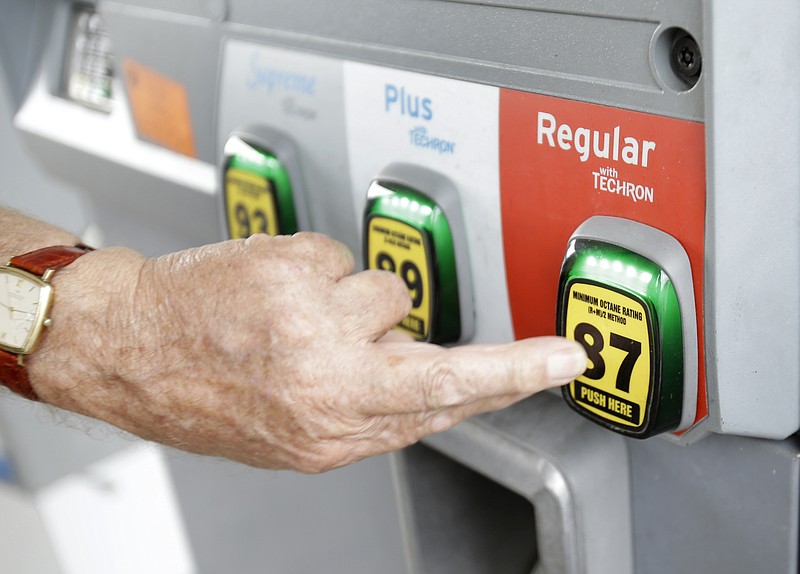NASHVILLE - A new study from the the state Comptroller's office says Tennessee's fuel tax revenues have "stagnated" and "are not expected to be sufficient" for continued support of one of the nation's best-maintained road systems.
The study found the state's per capita revenue for highways in 2010 was the lowest among the 50 states. Yet, Tennessee was 4th highest among states in the percentage of roads rated as being in good condition and and 13th lowest in its percentage of deficient bridges.
The study was conducted by the Comptroller's Offices of Research and Education Accountability (OREA) and had been requested by the state Legislature's Fiscal Review Committee.
While the report makes no specific recommendations, it comes at a time when Gov. Bill Haslam and lawmakers are warning repair and new construction on Tennessee roads and bridges can't keep up with the current revenue stream.
Tennessee depends on gas and diesel taxes to fund road and bridge construction as well as maintenance. The gasoline tax rate (21.4 cents per gallon) was last raised in 1989. The diesel fuel tax rate (18.4 cents per gallon) was increased in 1990.
Several transportation funding and financing options are examined in the Comptroller's report, assesses strengths and concerns for each. Possible revenue options include:
Motor Fuel Tax Rates
Debt Financing
Variable Rate and Indexed Fuel Tax Rates
Alternative Fuel Vehicles
Vehicle Registration Fees
Local Funding Options
Weight-Distance Tax
Vehicle Miles Traveled (VMT) Tax
Tolls
Public-Private Partnerships
General Funds
